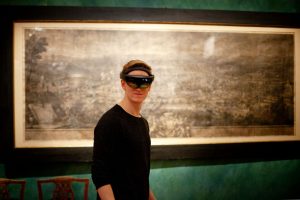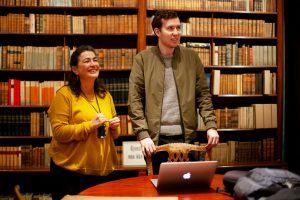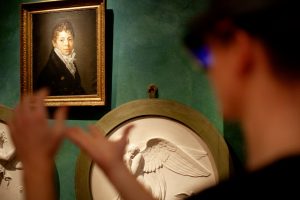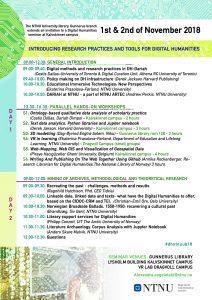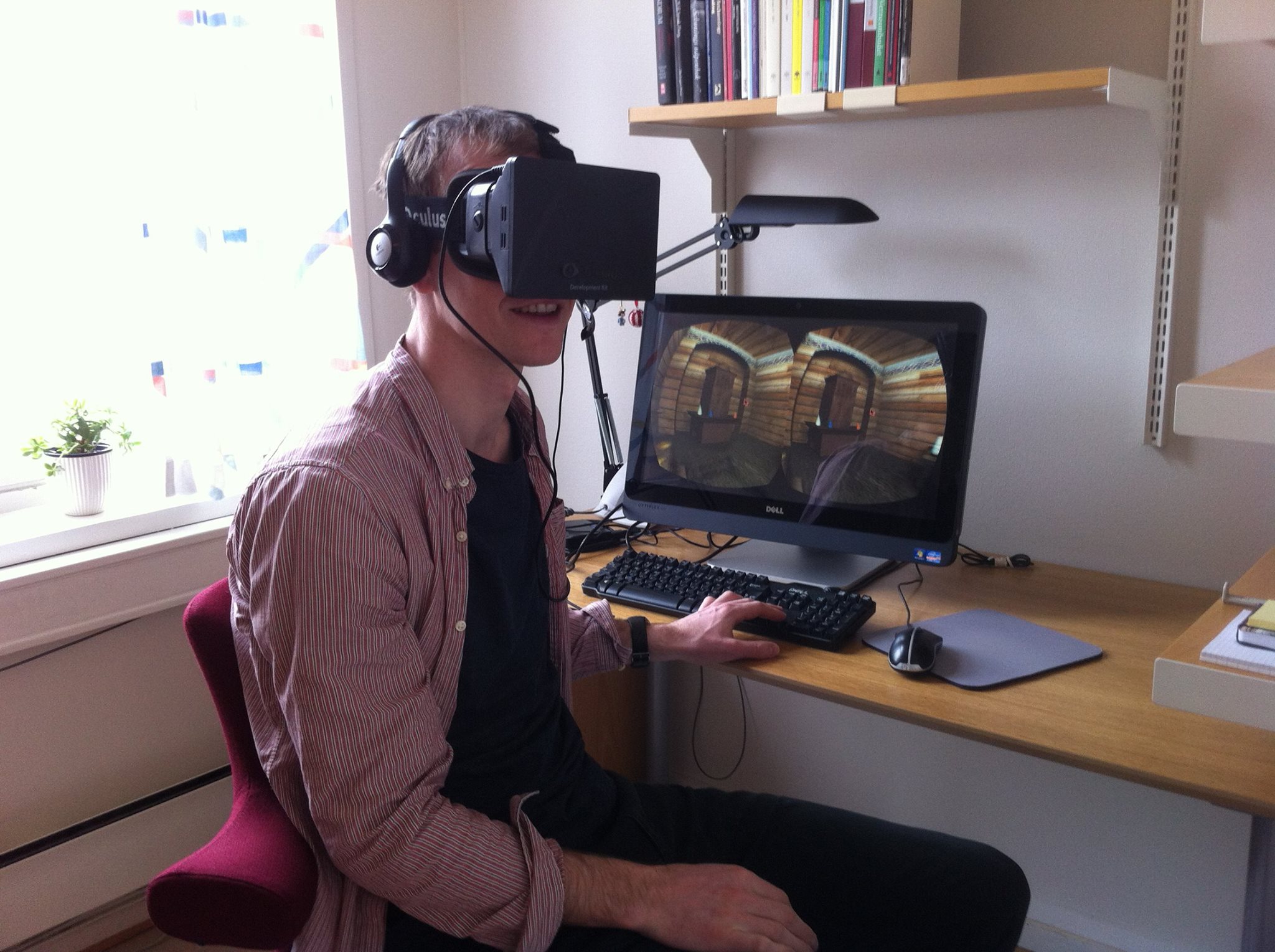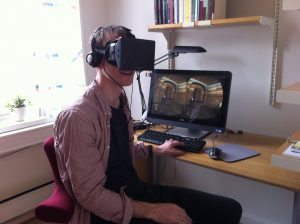 Costis Dallas, Associate Professor and Director of the Collaborative, Programs, Faculty of Information, University of Toronto and Digital Curation Unit, Athena RC.
Costis Dallas, Associate Professor and Director of the Collaborative, Programs, Faculty of Information, University of Toronto and Digital Curation Unit, Athena RC.
Associate Professor at the University of Toronto’s Faculty of Information, and since January 2016 Director of Collaborative Programs in the Faculty. For the last three years (July 2012 to June 2015) Director of its Museum Studies postgraduate program (MMSt), teaching courses in museum digital technologies and media, as well as museological theory and management. He is also a founding Research Fellow of the Digital Curation Unit, IMIS=”Athena” Research Centre (http://www.dcu.gr), working in the field of curation theory and cyberscholarhip requirements analysis and design. Highly experienced in in the field of cultural management and cultural heritage informatics.
His lecture will concentrate on: DiMPO, the Digital Methods and Practices Observatory Working Group of DARIAH, the Digital Research Infrastructure in the Arts and Humanities, aims to provide evidence-based , timely and useful information and insight on the scholarly practices, needs and attitudes of European humanities researchers working in the digital environment. For this purpose, it conducts literature review, questionnaire survey, qualitative and domain modeling research on the activities, methods and digital infrastructures developed and used for humanities research. More than a dozen DARIAH researchers from Austria, Croatia, Denmark, Finland, France, Germany, Greece, Ireland, Lithuania, Poland, Russia, Serbia, Slovenia, Spain, Switzerland, and the United Kingdom already participate in DiMPO activities. Its 2015 online questionnaire survey attracted 2,177 respondents from across Europe, and DiMPO seeks actively to expand its reach in the new launch of the survey planned for 2020. Its work on conceptual modeling of scholarly activity led to the development of the NeDIMAH Methods Ontology (NeMO), a formal specification for the conceptualization and documentation of scholarly methods and activities of researchers in the digital environment which integrates a consensus taxonomy of digital scholarly methods. DiMPO is currently working on a project to collect and document qualitative evidence on digitally-enabled humanities work across Europe through mutliple-case studies and qualitative intrerviewing. After a brief introduction to DARIAH, this presentation presents the objectives, activities and workplan of DiMPO, situating them methodologically in the context of the study of scholarly work and digital infrastructures requirements analysis.

